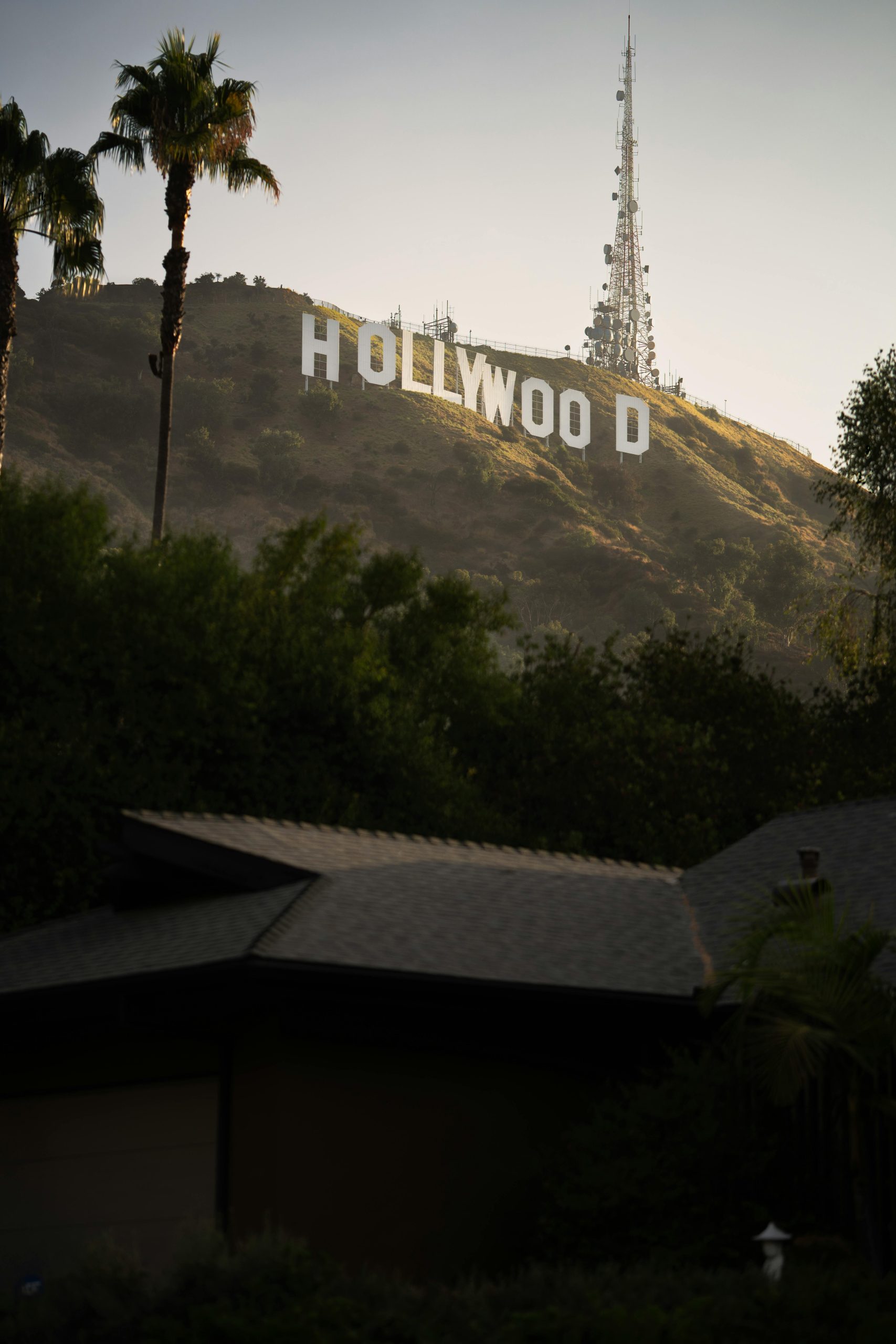Sewer Backup vs. Plumbing Issue
I recently experienced a sewage backup in my basement while I was down there. Thankfully, I noticed the water rising through the floor drains and eventually the toilet, so I called the water department immediately. They dispatched someone within 15 minutes who confirmed that there was a blockage in the main line, but he needed to call in a specialist with the appropriate equipment to clear it. It took about 45 minutes to an hour from my initial call to resolve the blockage, during which time my basement filled with 4-6 inches of black sewage water. Once the water drained, it left behind a layer of black sludge that covered the entire floor.
I filed a claim with my insurance provider (Progressive/Homesite) and I do hold a sewage backup endorsement with a $10,000 limit. I was concerned because the damages were far greater than that, but fortunately, the adjuster deemed it a plumbing issue, which is covered under my standard policy and allows my full dwelling and personal property limits to apply.
Additionally, the water department representative provided me with information to file a claim with the township’s insurance, which I promptly did. They only reached out to me about a month later. So far, my insurance has paid out around $30,000, and I anticipate they will cover between $40,000 to $50,000 in total once everything is finalized.
I have two questions: First, why did my insurance classify this incident as a plumbing issue when it seems to fit the definition of a sewer backup?
Second, if I involve the township’s insurance, is there a possibility that my insurance could reevaluate the classification as a sewer backup and demand reimbursement?
I assume if that were to happen, the township’s insurance would reimburse my insurance, but based on what they’ve communicated, it appears they would only cover personal items and not any dwelling damage.
At this point, I’m considering not involving the township’s insurance and having my own cover everything, fully aware this may lead to a rate increase.
Additionally, it’s worth noting that at least five other homes experienced the same sewer backup, indicating this was not an isolated event. I have already communicated to my insurance that the blockage originated in the township’s main line, making it clear they bear responsibility.
Thank you for your insights!




It sounds like you’ve been through a really challenging situation, and it’s great that you were able to act quickly. Let’s address your questions.
Why did your insurance classify this as a plumbing issue?
Insurance companies can sometimes interpret similar situations in different ways based on the specific language of the policy and the conditions that triggered the event. The distinction between a sewer backup and a plumbing issue might depend on how the blockage occurred and where it originated. If the blockage in the main line is deemed an external issue rather than something that originated within your property’s plumbing, the adjuster may have classified it that way. It’s also possible that they determined that because the immediate cause was the public sewer system’s blockage, it fell under general plumbing rather than a defined sewer backup as per their policies. It might be beneficial to ask for clarification from your adjuster regarding their classification process.
Potential issues with the township’s insurance claim:
If you proceed with the township’s insurance claim and they take responsibility for the damages, it’s unlikely your current insurer would retroactively reclassify their handling of your claim unless new information comes to light. That said, it’s always possible that insurance companies communicate, especially if both are engaged in covering the same damages. However, if the township’s insurance compensates for certain aspects, it might not affect your initial claim unless there’s a clear overlap in the coverage. If they end up paying out for the same dwelling damage, it might create complications, which is something to consider. You would likely want to address this with both insurance companies to avoid double dipping or confusion.
If you’re feeling uncertain, it could be worthwhile to consult with your insurance agent or a legal professional to get tailored advice based on your situation. They can help clarify any potential risks and the best way to proceed without jeopardizing your coverage and possible reimbursement.
Ultimately, it seems like you’re doing a good job navigating through the insurance process, and weighing the options with clear communication with both companies will be key to resolving this effectively. Good luck!